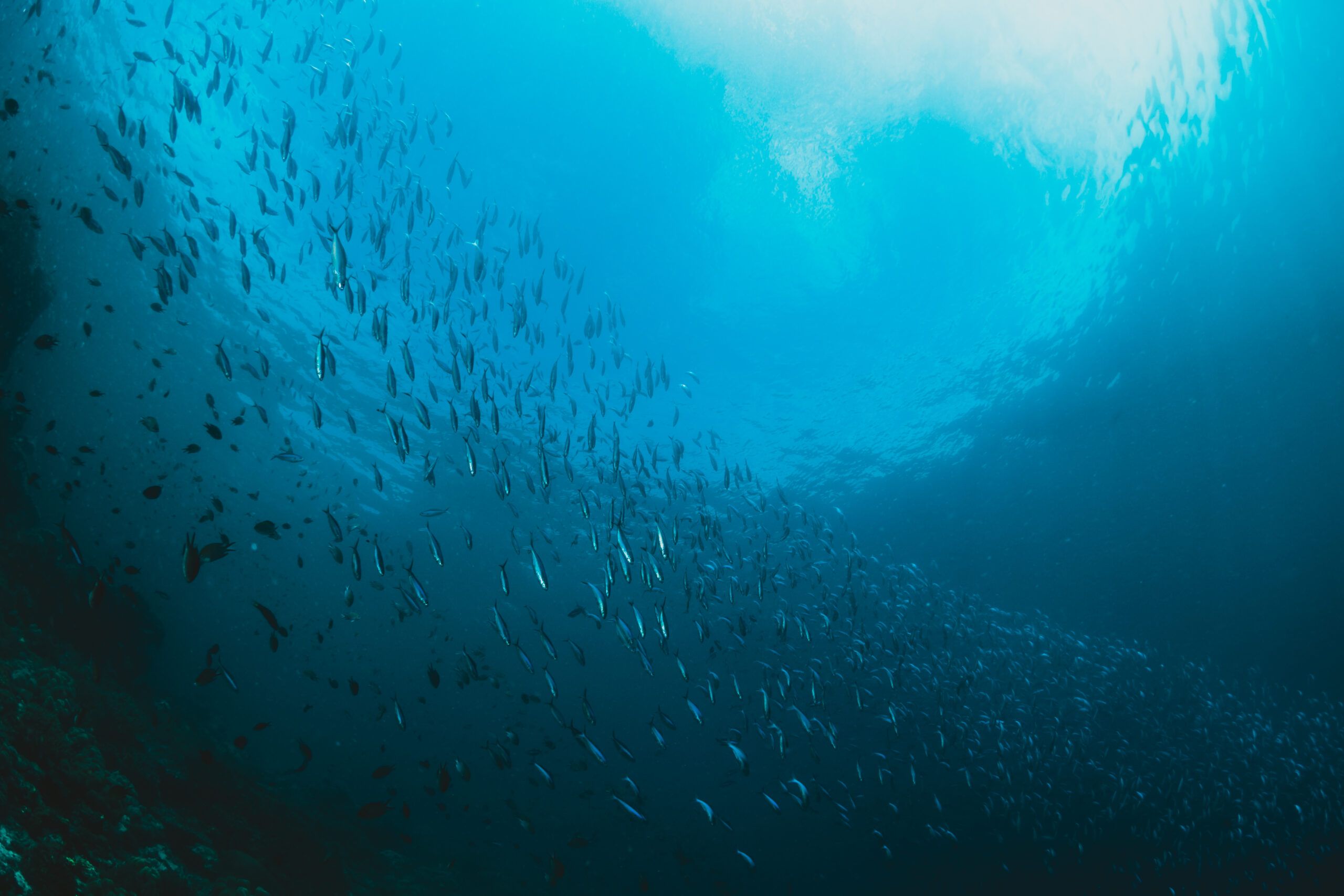
Where the World is Heading?
Poster
Agenda
Ocean sustainability issues can be found in 38% of the content on the Sustainable Development Goals. This ties in with the fact that more than 3 billion people rely in various ways on the oceans for their livelihoods, which are treated as sources of food, employment or health benefits. The human population is growing and more people are moving to coastal areas, which in turn leads to greater use of the oceans: more agricultural run-off, increased tourism, transport and energy production. Given the impacts of climate change, growing, coastal populations need to implement adaptation and mitigation measures in their daily and professional lives.
Some examples of adaptation given by UNESCO are based on ecosystems (nature-based solutions and ecosystem services), knowledge analysis and networking (knowledge dissemination). Mitigation is defined as efforts to be resilient to climate change and reduce greenhouse gas emissions. Some real adaptation and mitigation activities include the use of green energy (solar, wind, hydro), water harvesting with rooftop tanks or basement cisterns that help save freshwater treatment energy.
During the conference, co-organised with the Institute of Oceanology of the Polish Academy of Sciences, the above-mentioned issues will be taken up for discussion and discussed from different perspectives. The main aim will be to develop a set of universal recommendations for a sustainable approach to coastal challenges and climate change, but also to consider the potential for new smart applications.



